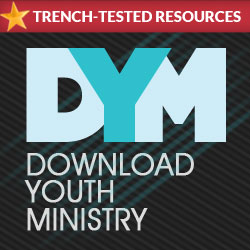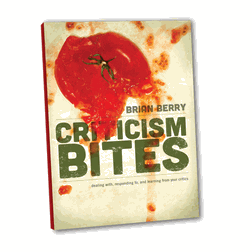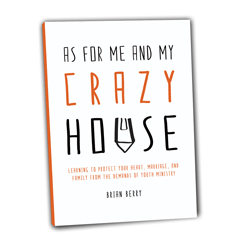I walked downstairs this morning to find this playing on our kids computer. Evidently Tyler saw it at his Middle School and was playing it for his brothers and sister. I’ve been laughing for hours.
If you haven’t heard or seen LMFAO’s “I’m sexy and I know it”, it won’t’ be as funny. Half of the reason that it’s so funny is because the actual LMFAO music video is a huge teen sensation and so wrong in just about every message it portrays- regardless of it’s tongue-in-cheek lyrics. In fact, the video is so wrong that I can’t show it or even use it in my youth ministry because I don’t need male genitalia in thong underwear shaking all over the screen. So, you can skip the video and save yourself just fine.
But this elmo spoof thing tuns it into something so innocent it’s hysterical. Don’t stop watching until wiggle wiggle wiggle becomes …. HAAAA just go watch it!!! So stinking funny.
I can hardly wait to use as a bit in our next series in Encounter… which is our sexuality and dating series called “bow-chicka-bow-wow”. Going to be the best youth group moment ever.
Sesame Street is my hero. 🙂

 Husband. Dad to 5. Student Ministry Pastor. Follower of Jesus. Yatta yatta.
Husband. Dad to 5. Student Ministry Pastor. Follower of Jesus. Yatta yatta.



Recent Comments